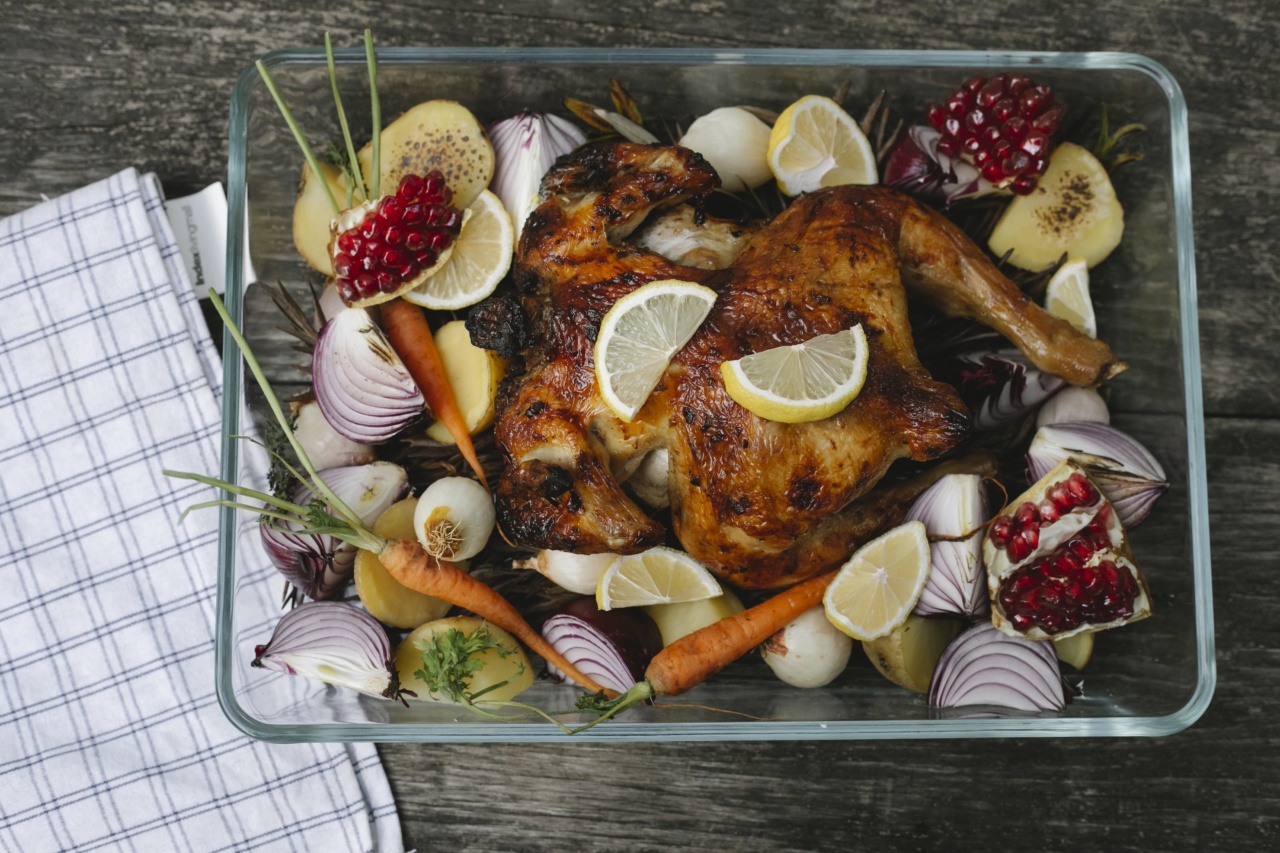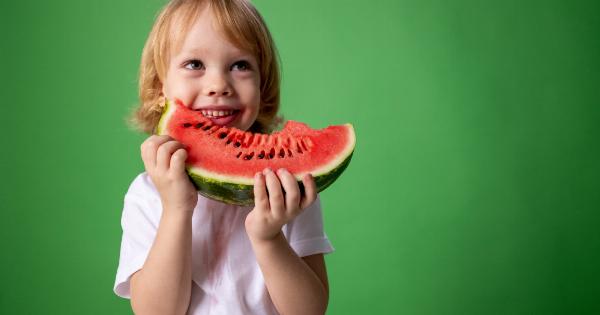Protein is a vital nutrient that plays important roles in building and repairing tissues, maintaining muscle mass, and supporting a healthy metabolism.
While many people rely on meat, poultry, fish, and dairy products for their protein needs, there are plenty of unconventional protein sources that can add variety to your meals and help you meet your daily protein goals.
1. Lentils
Lentils are a type of legume that are high in both protein and fiber. In fact, just one cup of cooked lentils contains 18 grams of protein and 16 grams of fiber.
They are also a good source of iron, potassium, and folate, making them a great addition to any plant-based diet.
2. Quinoa
Quinoa is a gluten-free grain that is high in protein, with one cooked cup containing 8 grams of protein. It is also a good source of fiber and iron, and can be added to salads, soups, and stir-frys for a nutritious boost.
3. Hemp Seeds
Hemp seeds are a complete protein source, meaning they contain all nine essential amino acids. They also provide heart-healthy omega-3 fatty acids and fiber. Add a tablespoon of hemp seeds to smoothies, salads, or yogurt for a nutritious boost.
4. Chia Seeds
Chia seeds are rich in protein, fiber, and healthy fats. They are also a good source of calcium and iron. Sprinkle chia seeds on oatmeal, yogurt, or blend them into smoothies for a nutritious and tasty boost.
5. Nutritional Yeast
Nutritional yeast is a deactivated yeast that is commonly used as a cheese replacement in vegan dishes. It is also high in protein, with just two tablespoons containing 9 grams of protein.
Nutritional yeast is also a great source of B vitamins, which are important for energy metabolism.
6. Seitan
Seitan, also known as wheat meat, is made from wheat gluten and has a meat-like texture. It is high in protein, with one serving containing up to 25 grams of protein.
Seitan is also low in fat and cholesterol, making it a great choice for those looking to increase their protein intake without increasing their fat intake.
7. Edamame
Edamame are young soybeans that are harvested before they fully mature. They are high in protein and fiber, with one cup containing 17 grams of protein and 8 grams of fiber. Edamame is also a good source of iron and calcium.
Enjoy edamame as a snack, or add them to salads or stir-frys.
8. Tofu
Tofu, also known as bean curd, is made from soybeans and is a staple in many vegan and vegetarian diets. It is high in protein, with one cup of firm tofu containing 20 grams of protein. Tofu is also a great source of calcium and iron.
Add tofu to stir-frys, salads, or use it as a meat replacement in dishes like tacos and burgers.
9. Tempeh
Tempeh is a fermented soy product that is high in protein, with one cup containing 31 grams of protein. It is also a good source of fiber, iron, and calcium.
Tempeh has a slightly nutty flavor and can be used in dishes like stir-frys, sandwiches, and salads.
10. Spirulina
Spirulina is a type of blue-green algae that is high in protein, with just one tablespoon containing 4 grams of protein. It is also a good source of vitamins and minerals, including iron and calcium.
Spirulina can be added to smoothies and juices for a nutritional boost.
11. Nut Butters
Nut butters like peanut butter, almond butter, and cashew butter are high in protein and healthy fats. Two tablespoons of peanut butter contain 8 grams of protein, while two tablespoons of almond butter contain 7 grams of protein.
Enjoy nut butter on toast, with fruit, or as part of a protein-rich snack.
12. Cottage Cheese
Cottage cheese is a dairy product that is high in protein, with one cup containing up to 28 grams of protein. It is also a good source of calcium and selenium.
Cottage cheese can be enjoyed on its own, or added to smoothies and salads for a protein boost.
13. Greek Yogurt
Greek yogurt is a thicker and creamier version of regular yogurt that is high in protein. One cup of Greek yogurt contains up to 23 grams of protein. It is also a good source of calcium and probiotics, which can help support a healthy digestive system.
Enjoy Greek yogurt with fruit, honey, or as a replacement for sour cream.
14. Black Beans
Black beans are a type of legume that are high in both protein and fiber. One cup of cooked black beans contains 15 grams of protein and 15 grams of fiber. They are also a good source of iron, magnesium, and folate.
Add black beans to salads, soups, or use them as a replacement for meat in dishes like tacos and burritos.
15. Peas
Peas are a type of legume that are high in protein and fiber. One cup of cooked peas contains 8 grams of protein and 9 grams of fiber. They are also a good source of vitamins and minerals, including vitamin C and iron.
Enjoy peas as a side dish, or add them to soups and stews for a nutritional boost.






























